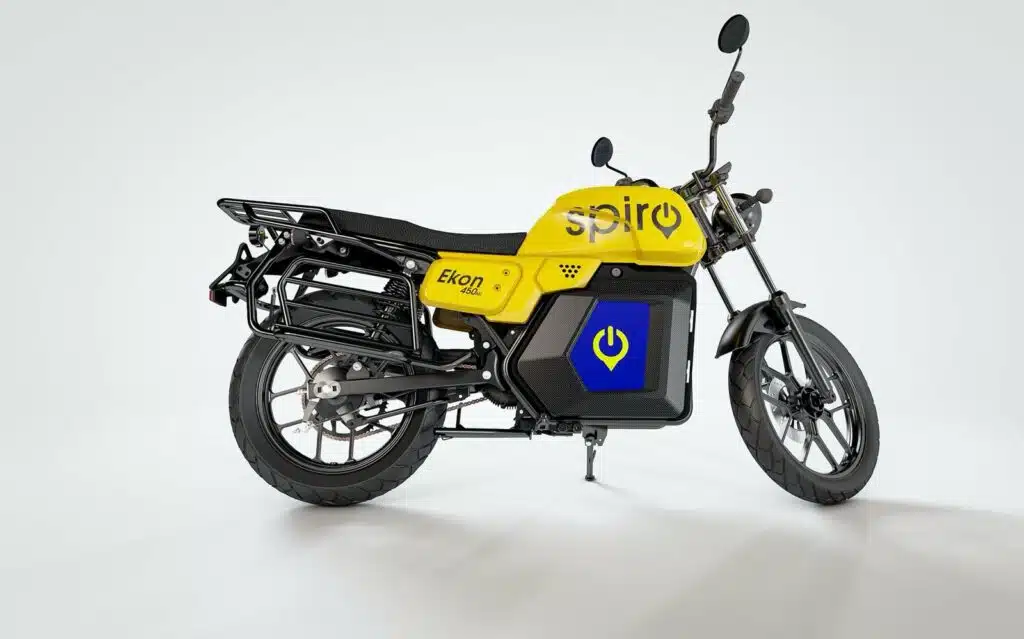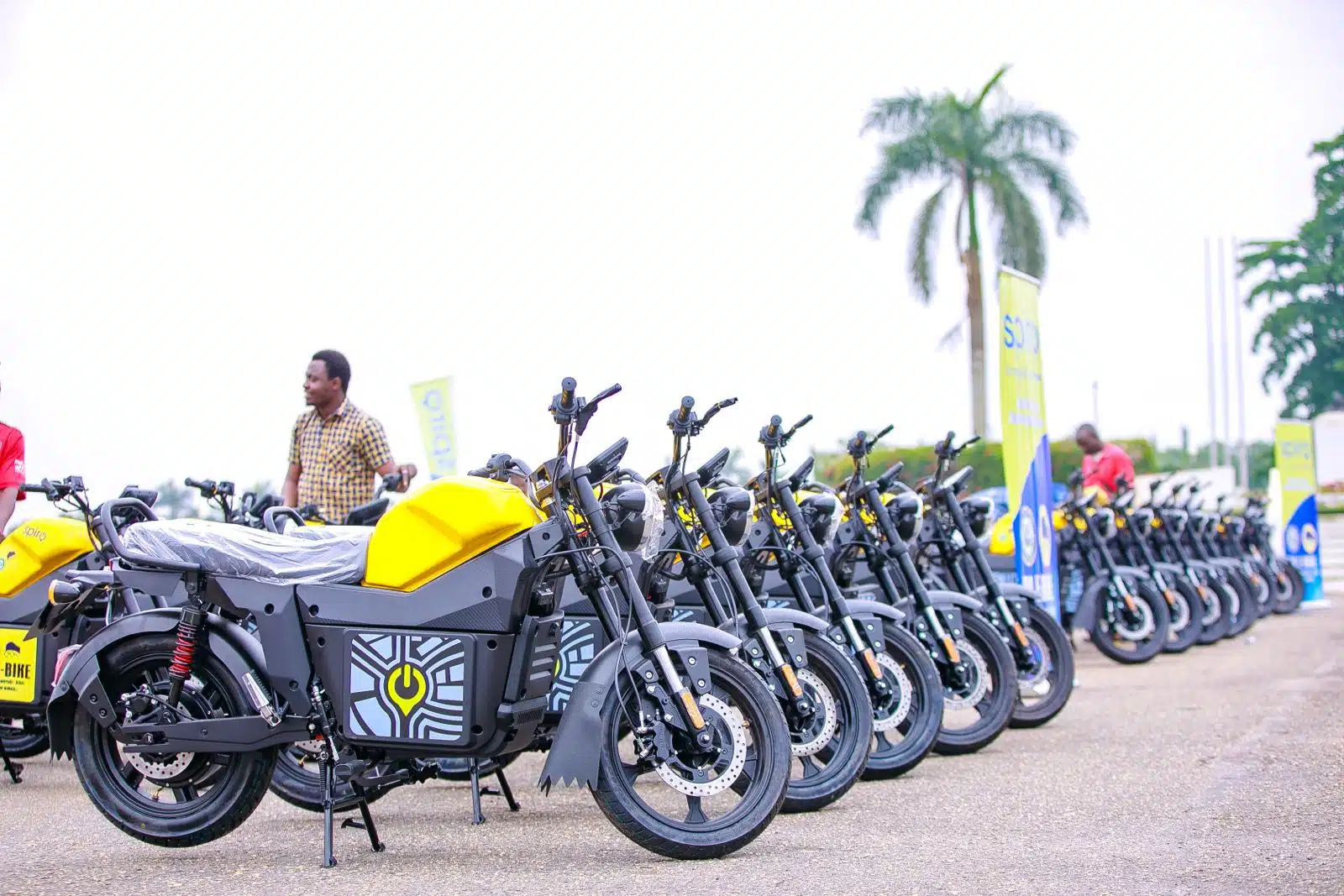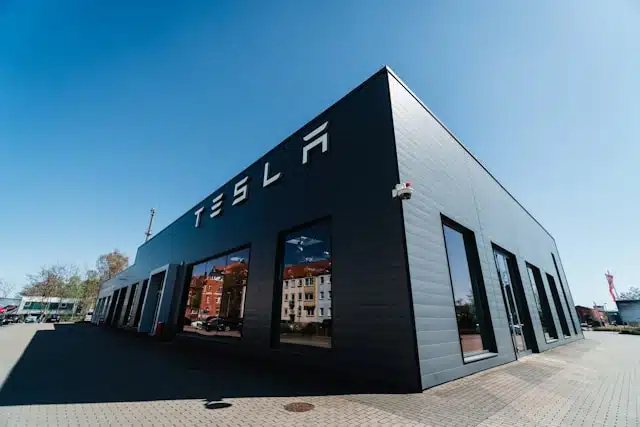Multiple news outlets have reported that Spiro is aiming for $200 million in revenue in 2025. However, in a conversation with Techpoint Africa, Spiro CEO, Kaushik Burman, clarified that the company is targeting a 10x growth in terms of bike deployment — not necessarily revenue.
Burman, who declined to disclose figures reflecting the company’s current revenue and number of active riders, also failed to provide concrete details of Spiro’s plans to achieve this 10x growth. However, he did share that Spiro has now deployed 40,000 bikes across six countries.
According to Rest of World, Spiro had deployed 10,000 bikes across four African countries as of January 2024, since its launch in 2022. Burman’s revelation suggests that the company has quadrupled its deployment in just over a year, demonstrating an impressive growth rate.
Can Spiro really make $200 million in 2025?

Although Burman noted that Spiro did not explicitly state a $200 million revenue goal, a 10x growth target in one year is still ambitious. If that growth were to be in terms of revenue, it would imply a goal of $230 million in 2025, based on The Guardian’s report that Spiro earned $23 million in 2024.
When asked how the company plans to meet its 10x growth target, Burman responded:
“We’re hyper-growing by deploying the battery swapping infrastructure and bikes.”
The swapping infrastructure is crucial to Spiro’s business model. The company primarily operates on a daily subscription model, where riders pay approximately $5.32 per day for access to a bike and up to seven battery swaps.
This fee also covers maintenance and insurance, making the service more accessible to riders who cannot afford the upfront cost of owning a motorcycle.
For users who exceed the daily swap limit, there is a small charge of around $0.83 per additional swap. Spiro also sells bikes outright, with prices ranging from $1,150 to $1,470 depending on the model.

Victoria Fakiya – Senior Writer
Techpoint Digest
Stop struggling to find your tech career path
Discover in-demand tech skills and build a standout portfolio in this FREE 5-day email course
However, the recurring daily subscription model appears to be the more scalable and predictable revenue stream.
With a current fleet of around 40,000 bikes across six countries, the potential for scale is evident. If all of those bikes were used daily under the standard subscription plan, Spiro would generate approximately $212,800 in revenue per day. Over a year, that would amount to just under $78 million.
To reach $200 million in annual revenue, Spiro would need to deploy at least 63,000 additional bikes by the end of 2025.
Ayodeji Audu, Founder of Reown, a startup building data infrastructure for smarter lending, insurance, and EV adoption, is confident Spiro can achieve its 10x target.
Audu pointed out that Spiro has been very aggressive with government partnerships. In 2024, the company formally partnered with the Ugandan Government to begin replacing its boda-boda taxi fleet with electric motorbikes — aiming to deploy over 140,000 e-bikes and more than 3,000 charge-and-swap stations across the country by 2028.
The startup has also secured major financing in West Africa — such as a $63 million loan from Société Générale, guaranteed by GuarantCo — to roll out at least 15,700 new bikes and over 1,000 swap stations in Benin and Togo. In Nigeria, it is working with the Ogun State Government to complete swap station networks across the region.
Femi Oriowo, CEO of Carbin Africa, a startup that connects car dealerships and auto merchants, also believes Spiro’s goal might not be too unrealistic; however, he said deploying 100,000 bikes across different countries could be a logistical nightmare.
Where is Spiro now?
While Burman did not share much about the company’s current operations, sources close to Spiro told Techpoint Africa that the company has already begun to expand within Nigeria. It now operates 15 swap stations in Lagos, six in Abeokuta, four in Abuja, four in Ilorin, four in Kano, two in Warri, and two in Ughelli.
It has also struck deals with various governments, with 2,000 bikes ordered by the Ogun State Government, 300 by Kwara State, and 500 by Cross River State.
The company’s rapid expansion is being fuelled by significant funding. Beyond the $63 million loan from Société Générale in 2023, Spiro also secured a $53 million debt financing agreement from Afreximbank last year.
As Spiro continues its aggressive growth strategy, its competitors — such as Max and Siltech — are also innovating. Siltech, for instance, is developing a large factory for large-scale EV manufacturing.
However, none of these efforts currently match Spiro’s scale. If the company does reach $200 million in revenue and continues to grow at its current pace, competition in the African EV market is likely to intensify, with more players seeking a share of the market.











